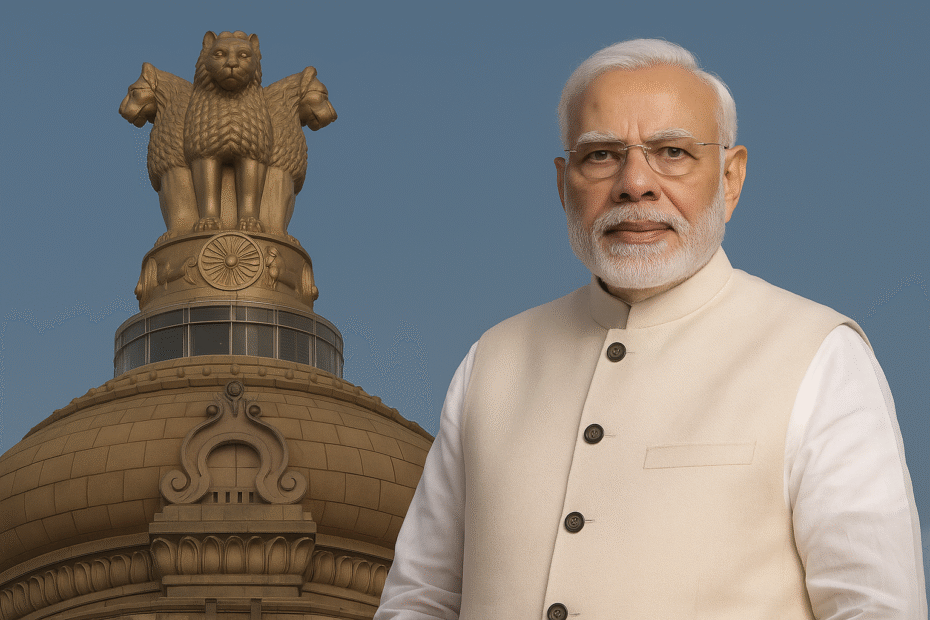The discussion on whether the retirement age of central government employees should be increased has once again become a hot topic. Several reports and social media claims suggested that the government was planning to hike the retirement age from 60 years to 62 years, or even extend it up to 65 years in some cases. To address these speculations, the government recently issued a written reply in Parliament, clearly stating its official position.
Government’s Clear Reply
In its written statement, the government confirmed that there is no proposal at present to increase the retirement age of central employees. This clarification was aimed at quashing rumors and bringing transparency to an issue that directly impacts lakhs of employees across the country.
The government emphasized that retirement policies are reviewed carefully, keeping in mind the balance between employment opportunities for the younger generation and the need to retain experienced officers. For now, the rules of retirement remain unchanged.
Why Do Such Speculations Arise?
Retirement age hikes have been a recurring demand from several employee unions, especially as rising living costs and pension concerns remain major issues. Speculation usually arises due to:
- Union Demands: Central employees’ unions periodically raise the demand for extending the retirement age.
- Policy Comparisons: In some state governments, the retirement age has been extended to 62 years, sparking expectations at the central level.
- Skill Retention: Many argue that retaining senior employees with years of expertise would benefit the administration.
Despite these factors, the government has made it clear that no official move has been initiated on this front.
Current Retirement Age Rules
- For most central government employees, the retirement age is 60 years.
- In some specialized roles, like doctors, professors, and scientists, the retirement age may be extended to 62 or 65 years depending on the rules of service.
- Any change to the age of superannuation would require cabinet approval, followed by a formal notification from the Department of Personnel and Training (DoPT).
Impact of the Clarification
This official reply provides clarity to employees who were unsure whether they should prepare for retirement at 60 or expect an extension. For those planning their pension, retirement savings, and post-retirement life, the confirmation ensures stability.
However, the topic is expected to surface again in the future, especially as India continues to deal with changing demographics, workforce pressures, and financial planning challenges.
Retirement Age Across Different Services
| Category | Retirement Age | Notes |
|---|---|---|
| Central Government Employees (General) | 60 years | Applies to most administrative and support staff. |
| Doctors in Central Services | 62 years | Extension allowed considering healthcare requirements. |
| Professors & Teaching Staff (Government Institutions) | 65 years | Special provisions for higher education sector. |
| Scientists & Research Staff | 62–65 years | Varies by department; extensions approved case by case. |
| Judges (Supreme Court & High Courts) | 62–65 years | Retirement age differs between SC (65) and HC (62). |
Employee Sentiment
Reactions from employees and unions have been mixed:
- Some workers feel disappointed, as they were hopeful for an increase that would provide more financial security.
- Younger job seekers, on the other hand, welcome the decision, as a higher retirement age could reduce new recruitment opportunities.
This highlights the delicate balance the government must maintain between current employees and the younger workforce.
Final Thoughts
The government’s written reply in Parliament has made the situation clear: there will be no change in the retirement age of central government employees as of now. While the idea of a retirement age hike continues to generate debate, the official stance ensures employees can plan their careers and finances without confusion.
For now, the retirement age remains at 60 years, maintaining the balance between providing opportunities for the youth and ensuring smooth functioning of the system. Any future change, if considered, would be formally announced through proper channels.

There’s a rare magic in your ability to speak to both the intellect and the heart, leaving the reader with a profound sense of connection.